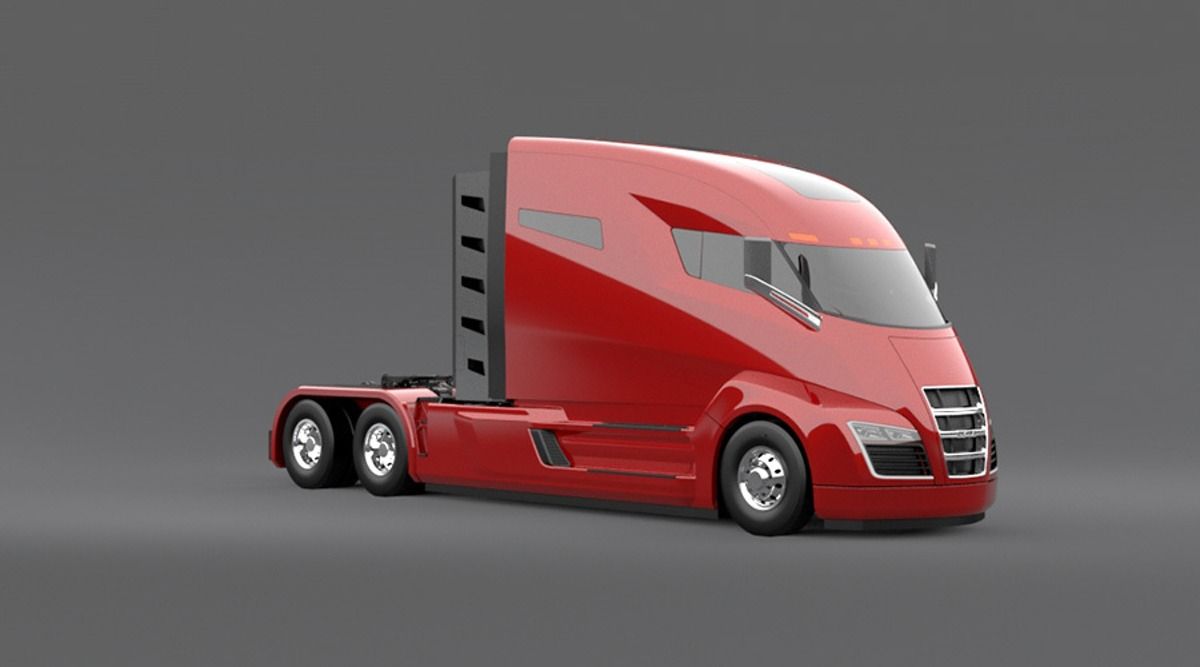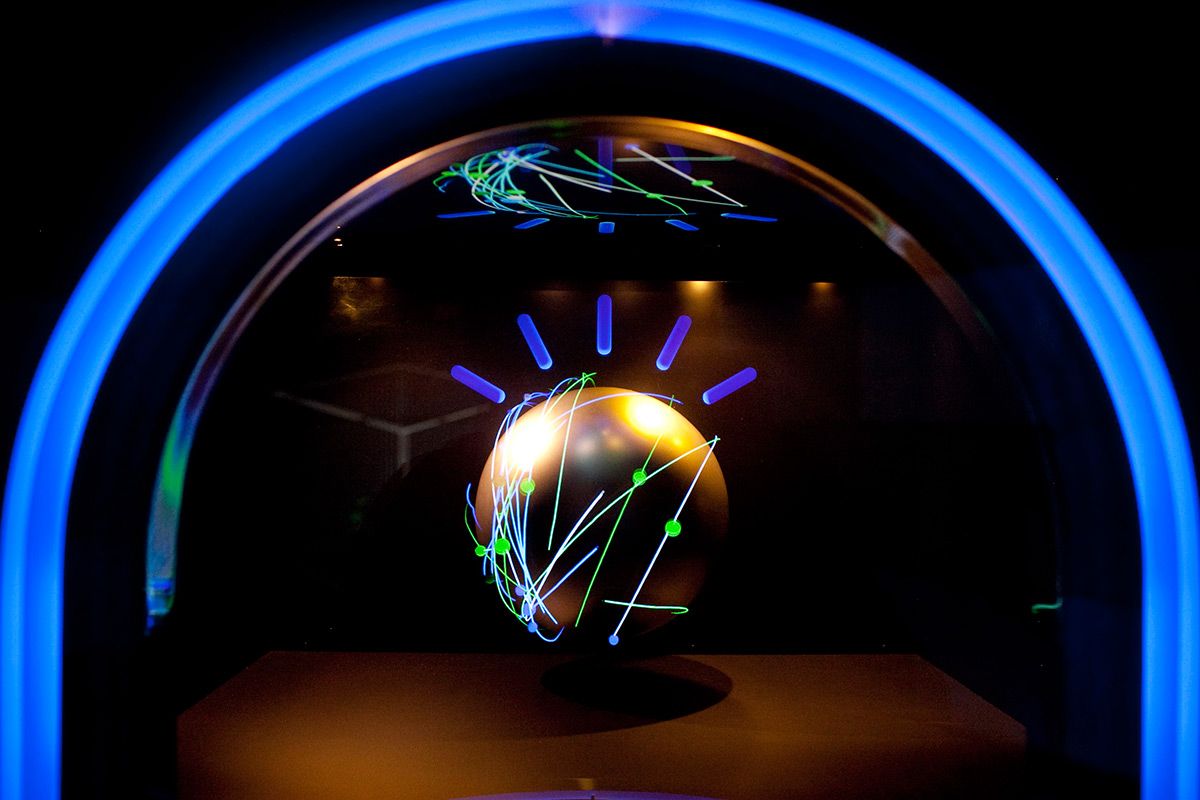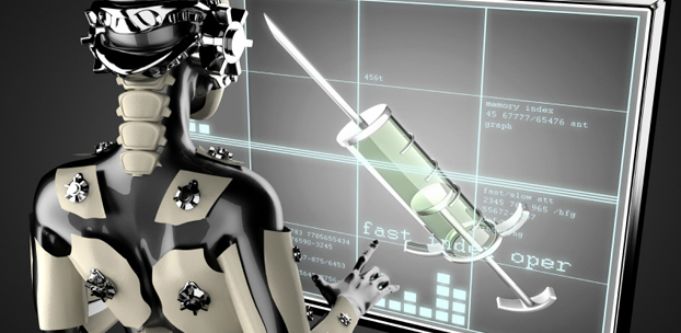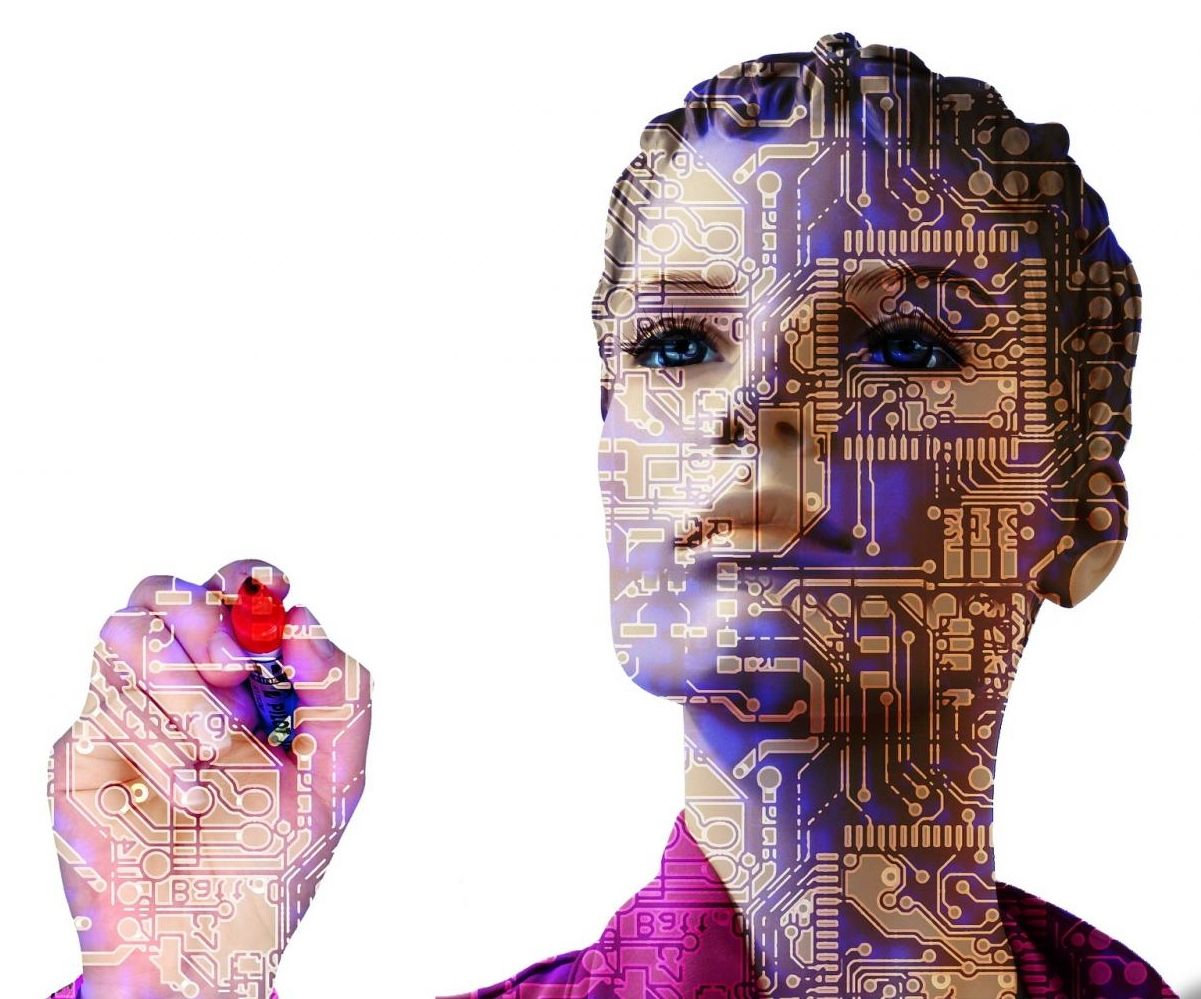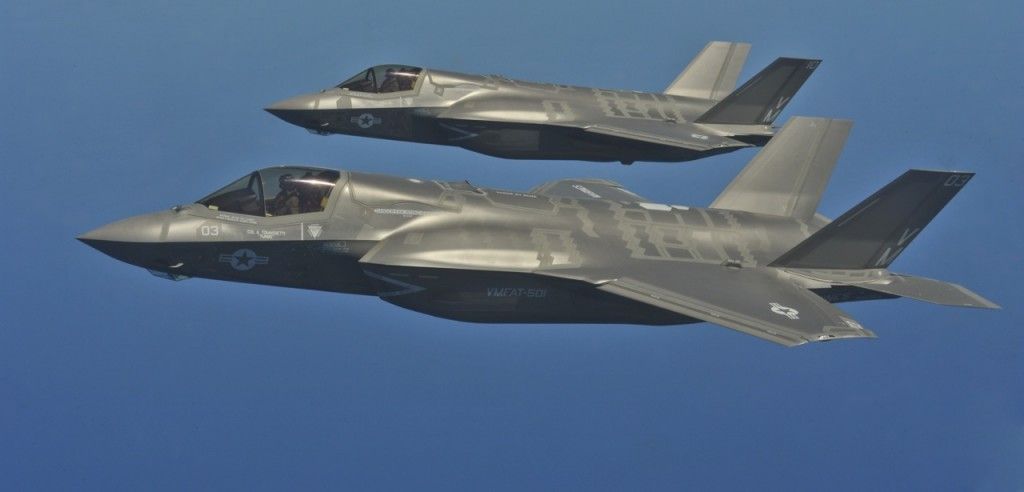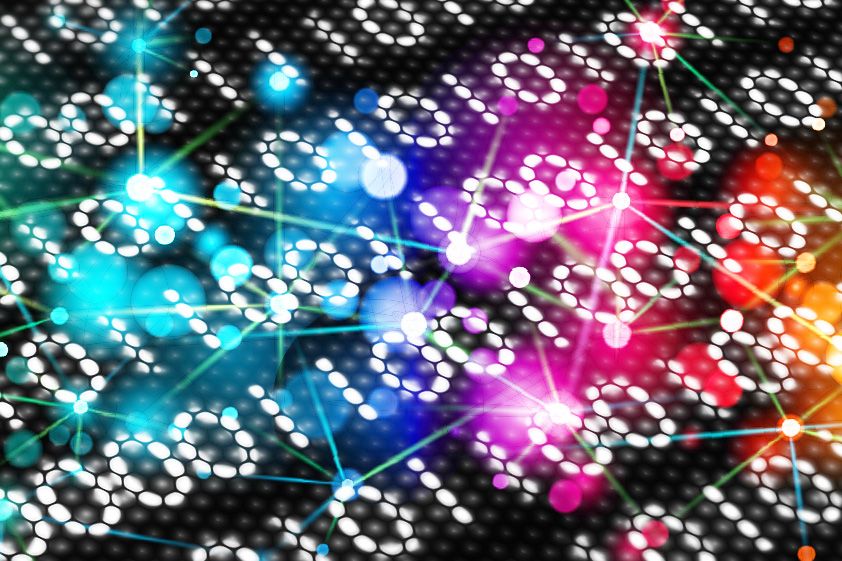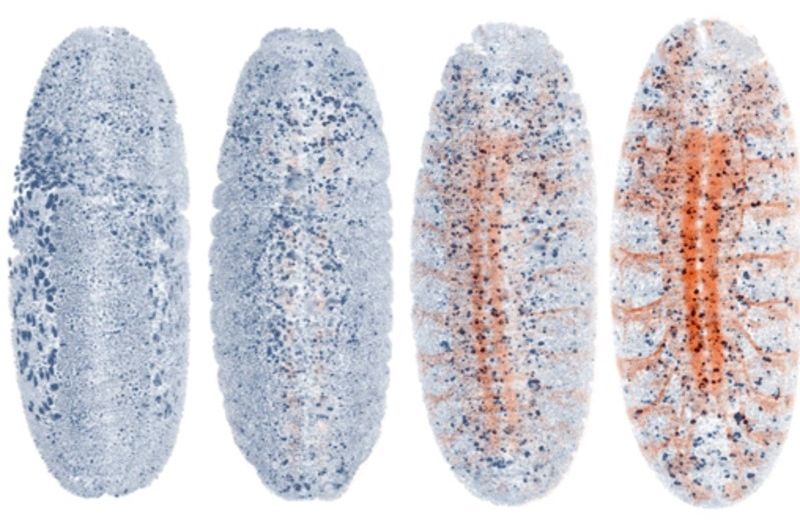Archive for the ‘robotics/AI’ category: Page 2198
Nov 5, 2016
Dr House goes digital as IBM’s Watson diagnoses rare diseases
Posted by Steve Hill in categories: biotech/medical, life extension, robotics/AI
Dr. Watson will see you now…
IBM Watson is rapidly earning its place in medical diagnosis. It has recently proven its ability to accurately diagnose patients and far faster than conventional doctors could ever do. The world of diagnosis of medicine is going to change very rapidly in the next few years.
#crowdfundthecure #aging
Continue reading “Dr House goes digital as IBM’s Watson diagnoses rare diseases” »
Nov 5, 2016
Is Stephen Hawking right: Could the rise of artificial intelligence mark humanity’s final chapter?
Posted by Klaus Baldauf in categories: existential risks, robotics/AI
Star physicist Stephen Hawking has reiterated his concerns that the rise of powerful artificial intelligence (AI) systems could spell the end for humanity.
Speaking at the launch of the University of Cambridge’s Centre for the Future of Intelligence on 19 October, he did, however, acknowledge that AI equally has the potential to be one of the best things that could happen to us.
So are we on the cusp of creating super-intelligent machines that could put humanity at existential risk?
Nov 5, 2016
‘Bots’ step up for 2016 election news coverage
Posted by Karen Hurst in categories: augmented reality, robotics/AI, virtual reality
What I don’t understand is why haven’t we seen and experienced much media news, radio, etc. enhanced and even in some cases new desk people, etc. replaced by AI technology especially with how we can emulate a person in AI tech not to mention AR/ VR technology. Could we see a Bill O’Riely, or Megan Kelly, or MSNBC, etc. replaced by AI in the coming 3 to 5 years? Most definitely radio should consider.
If you’re reading about the US election, some of that news is likely to come to you from a “bot.”
Automated systems known as “bots” or “robo-journalism” have been around for years, but they are playing a bigger role in coverage this year amid technology advances and stretched media resources.
Continue reading “‘Bots’ step up for 2016 election news coverage” »
Nov 5, 2016
AI takeover: Google’s ‘DeepMind’ platform can learn and think on it’s own without human input
Posted by Karen Hurst in categories: information science, robotics/AI
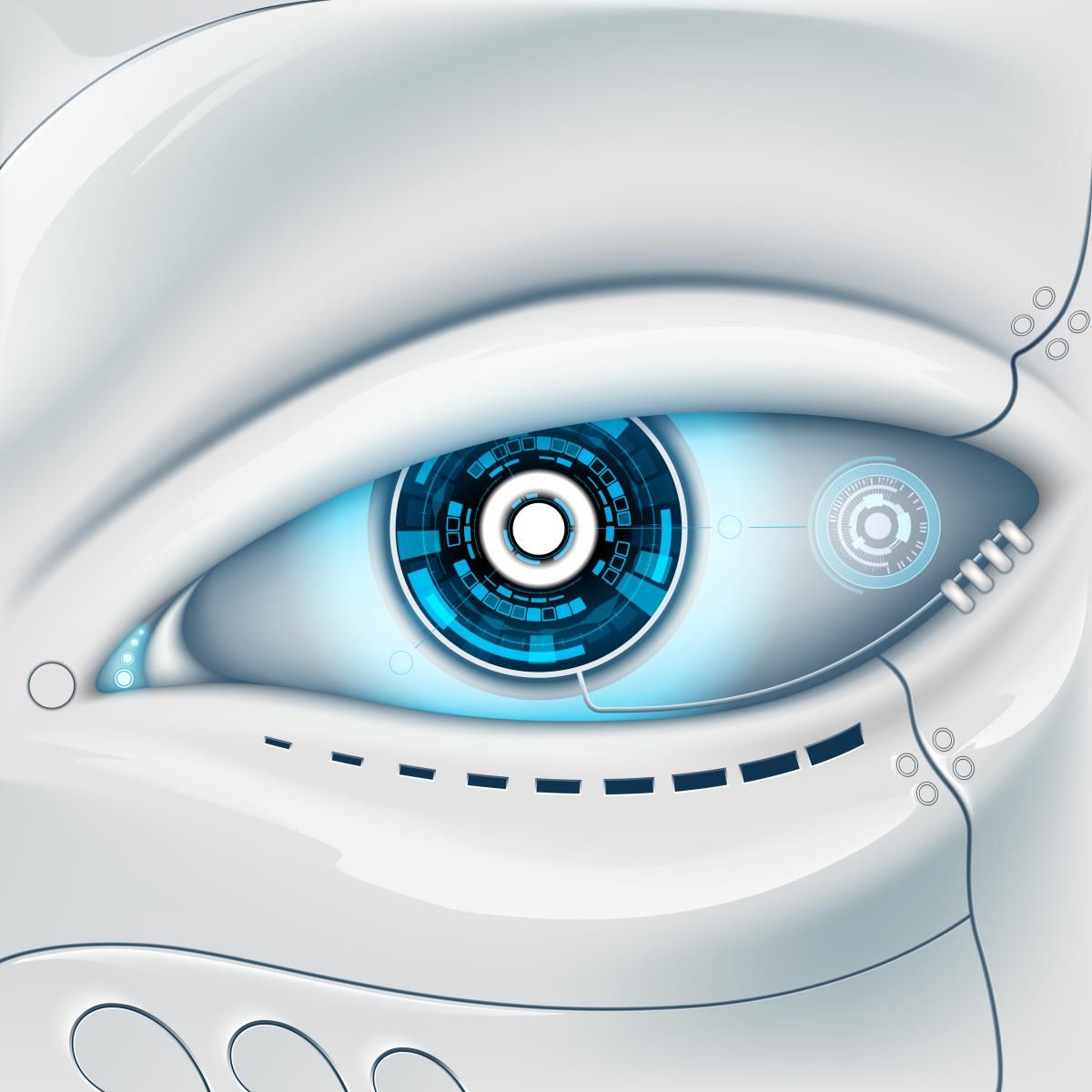
AI good for internal back office and some limited front office activities; however, still need to see more adoption of QC in the Net and infrastructure in companies to expose their services and information to the public net & infrastructure.
Deep learning, as explained by tech journalist Michael Copeland on Blogs.nvidia.com, is the newest and most powerful computational development thus far. It combines all prior research in artificial intelligence (AI) and machine learning. At its most fundamental level, Copeland explains, deep learning uses algorithms to peruse massive amounts of data, and then learn from that data to make decisions or predictions. The Defense Agency Advanced Project Research (DARPA), as Wired reports, calls this method “probabilistic programming.”
Nov 5, 2016
DARPA Ups Funding For Autonomous Electronic Warfare Work « Breaking Defense
Posted by Karen Hurst in categories: military, robotics/AI
This is what scares me; autonomous warfare.
WASHINGTON: DARPA is taking another step toward building autonomous electronic warfare systems with a small contract award to BAE Systems.
Artificial intelligence and autonomy loom large in the Pentagon these days. And electronic warfare, much more quietly, dominates a great deal of thinking across the services these days after we’ve watched how the Russians operate against Ukraine and in Syria. So DARPA’s additional $13.3 million award announced today is worth noting.
Continue reading “DARPA Ups Funding For Autonomous Electronic Warfare Work « Breaking Defense” »
Nov 5, 2016
Technique reveals the basis for machine-learning systems’ decisions
Posted by Shailesh Prasad in category: robotics/AI
In recent years, the best-performing systems in artificial-intelligence research have come courtesy of neural networks, which look for patterns in training data that yield useful predictions or classifications. A neural net might, for instance, be trained to recognize certain objects in digital images or to infer the topics of texts.
But neural nets are black boxes. After training, a network may be very good at classifying data, but even its creators will have no idea why. With visual data, it’s sometimes possible to automate experiments that determine which visual features a neural net is responding to. But text-processing systems tend to be more opaque.
At the Association for Computational Linguistics’ Conference on Empirical Methods in Natural Language Processing, researchers from MIT’s Computer Science and Artificial Intelligence Laboratory (CSAIL) will present a new way to train neural networks so that they provide not only predictions and classifications but rationales for their decisions.
Continue reading “Technique reveals the basis for machine-learning systems’ decisions” »
Nov 5, 2016
Researchers develop a system for adaptive live imaging of large living organisms
Posted by Shailesh Prasad in categories: biological, genetics, robotics/AI
Light-sheet microscopy is one of the most powerful method for imaging the development and function of whole living organisms. However, achieving high-resolution images with these microscopes requires manual adjustments during imaging. Researchers of the Max Planck Institute of Molecular Cell Biology and Genetics in Dresden together with colleagues at Janelia Research Campus (HHMI) have developed a new kind of light-sheet microscope that can ‘drive’ itself automatically by adapting to the challenging and dynamic optical conditions of large living specimens. This new smart microscope combines a novel hardware design and a smart ‘AutoPilot’ system that can analyze images and automatically adjust and optimize the microscope. This framework enables for the first time long-term adaptive imaging of entire developing embryos and improves the resolution of light-sheet microscopes up to five-fold.
Light sheet microscopy is a novel microscopy technique developed in the last ten years that is uniquely suited to image large living organisms. In a light-sheet microscope, a laser light sheet illuminates the sample perpendicularly to the observation along a thin plane within the sample. Out-of-focus and scattered light from other planes—which often impair image quality—is largely avoided because only the observed plane is illuminated.
The long-standing goal of microscopy is to achieve ever-sharper images deep inside of living samples. For light-sheet microscopes this requires to perfectly maintain the careful alignments between imaging and light-sheet illumination planes. Mismatches between these planes arise from the optical variability of living tissues across different locations and over time. Tackling this challenge is essential to acquire the high-resolution images necessary to decipher the biology behind organism development and morphogenesis. “So far, researchers had to sit at their microscope and tweak things manually—our system puts an end to this: it is like a self-driving car: it functions autonomously”, says Loïc Royer, first author of the study. This smart autonomous microscope can in real-time analyze and optimize the spatial relationship between light-sheets and detection planes across the specimen volume.
Nov 4, 2016
Elon Musk: Robots will take your jobs, government will have to pay your wage
Posted by Elmar Arunov in categories: economics, Elon Musk, employment, government, robotics/AI, space travel, sustainability
The Tesla and SpaceX CEO says that a universal basic income will allow more time for leisure.
Nov 4, 2016
One of the world’s most popular computer games will soon be open to many sophisticated AI players
Posted by Sean Cusack in categories: entertainment, robotics/AI
Artificial intelligence will require key advances in order to play a video game filled with planning, guesswork, and bluffing.
